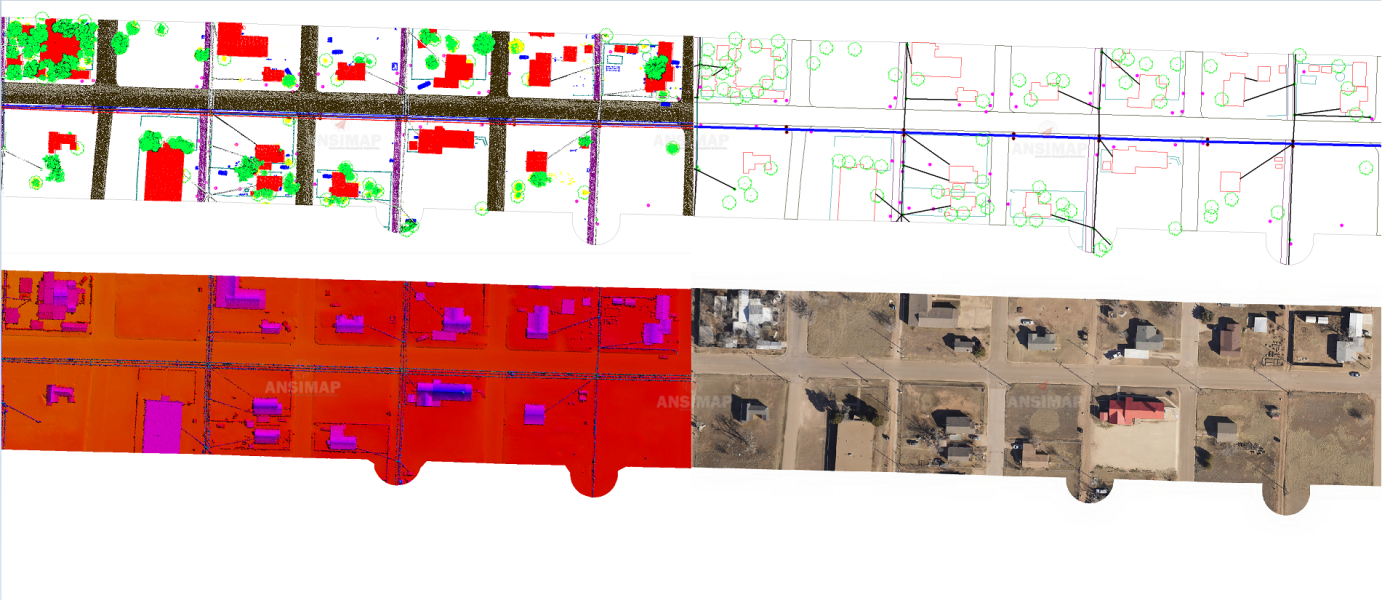How Outsourcing LiDAR Data Processing Helps?
May 16, 2025
In today's fast-paced technological landscape, companies across various industries are constantly seeking ways to enhance their operational efficiency and leverage advanced technologies for better decision-making. One such technology that has gained significant traction is Light Detection and Ranging (LiDAR). However, the process of transforming raw LiDAR data into actionable insights is both complex and resource-intensive.
Outsourcing LiDAR data processing offers a strategic advantage to companies looking to harness the power of LiDAR technology without the associated complexities and costs. By leveraging the expertise and resources of specialized service providers, businesses can enhance their operational efficiency, focus on their core strengths, and achieve better project outcomes.
Benefits of Outsourcing LiDAR Data Processing
- Cost Efficiency: Outsourcing LiDAR data processing can significantly reduce the costs associated with purchasing and maintaining expensive hardware and software. Specialised service providers leverage economies of scale to offer cost-effective solutions, allowing companies to access high-quality data processing services without the need for substantial upfront investment.
- Access to Expertise: LiDAR data processing requires a high level of technical expertise. By outsourcing to providers who specialise in this field, companies can benefit from the skills and experience of professionals who are well-versed in the latest techniques and technologies. This ensures that the data is processed accurately and efficiently, leading to better outcomes for projects.
- Scalability and Flexibility: The volume of LiDAR data can vary significantly from project to project. Outsourcing allows companies to scale their data processing capabilities up or down based on project requirements without the need for permanent changes to their infrastructure or staffing levels. This flexibility ensures that companies can handle large datasets and meet project deadlines effectively.
- Focus on Core Competencies: By delegating the complex task of LiDAR data processing to external experts, companies can concentrate on their core activities and strategic initiatives. This focus on core competencies can lead to improved productivity and innovation, as internal resources are not diverted to manage data processing tasks.
- Access to Advanced Technology: LiDAR data processing firms invest in the latest software and hardware to stay competitive. Partnering with such firms gives companies access to cutting-edge technology and processing methods without the need for continuous investment in upgrades and training.
- Enhanced Data Quality: Professional LiDAR data processing providers employ rigorous quality control measures to ensure the accuracy and reliability of the processed data. High-quality data is crucial for making informed decisions and achieving successful project outcomes.
- Faster Turnaround Times: Outsourcing partners typically have streamlined processes and dedicated teams to handle LiDAR data processing efficiently. This can result in faster turnaround times, enabling companies to receive processed data promptly and accelerate their project timelines.
